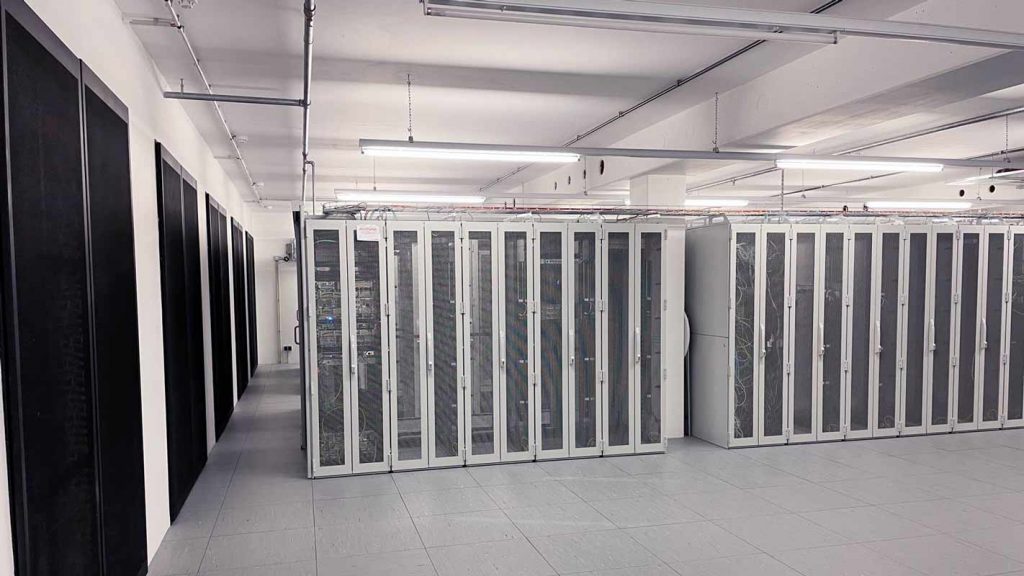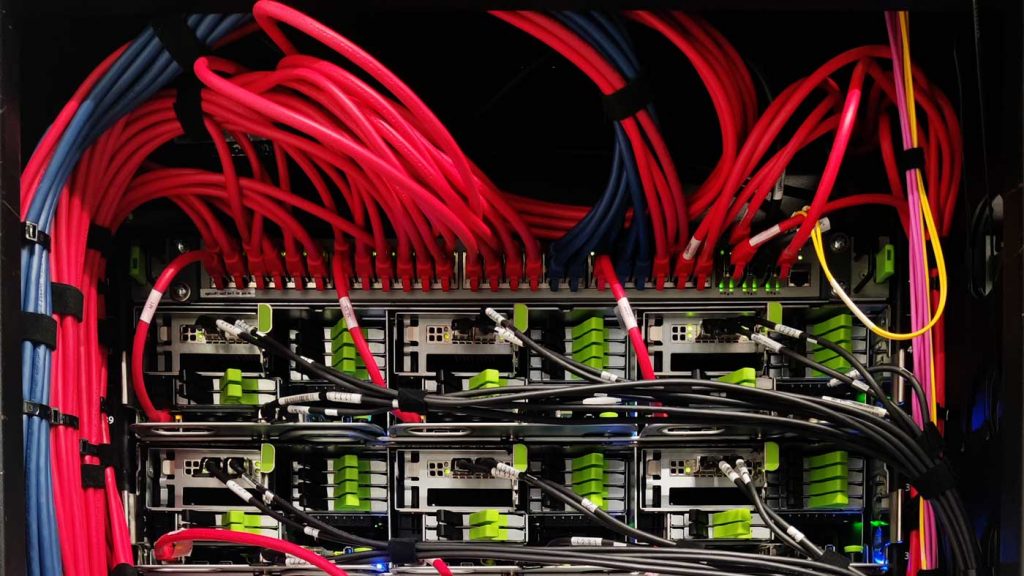Bringing a school or university "into the cloud" is not that easy. Pupils and students today use cloud services as a matter of course for file storage, editing or sharing in groups. However, educational institutions are not allowed to simply use the most popular cloud data storage solutions, as these are often not compatible with German data protection guidelines (DSGVO). In addition to an intuitive user interface, scalability at manageable costs, it is therefore particularly important for educational institutions to be able to determine the data location themselves by choosing the hoster. A very good solution, already used by several German universities and colleges, is Nextcloud, which is hosted in Germany. Nextcloud is a popular and, above all, inexpensive open source solution for storing, editing and sharing data in the cloud. Otherwise, Nextcloud Talk provides all the cumminication channels through group and private chats that students are familiar with from private solutions. Everything works via a modern web interface or smartphone app.
Nextcloud Education Edition
In order to better align Nextcloud with the needs of educational institutions, the Nextcloud Education Edition has been developed. The Nextcloud Education Edition is a bundle of about a dozen Nextcloud apps. The apps were developed specifically for educational institutions in collaboration with research institutions and software providers working in the education sector.
These apps enable educational institutions to handle large amounts of data across multiple platforms and departments, and integrate the cloud into their school or university day very easily. For example, the Education Edition includes connectivity to popular services such as Moodle Planner or Zenodo Publishing App.
Educational institutions also frequently use Active Directory, SAML, Shibboleth, and Kerberos. These and other authentication mechanisms are available in the Education Edition. In addition, users can organize themselves into groups with "Circles" for individual projects.
Conclusion
Nextcloud offers an easy way to bring educational institutions into the cloud without neglecting data protection. Due to the open source approach Nextcloud offers many possibilities to offer the cloud, either as a self-hosted solution within the framework of an AG up to fully managed full-service hosting with particularly favorable GEÁNT conditions. Nextcloud Education also offers many already used and helpful app applications that have been compiled specifically for the education sector. Detailed information and examples of use of Nextcloud Education Edition can also be found at the Website from Nextcloud.
ScaleUp is a hosting provider for Nextcloud and stores all data exclusively in Germany. We can run Nextcloud for your educational institution DSGVO compliant, highly scalable and according to your requirements. Feel free to contact us and ask us your questions about how and if Nextcloud is also applicable for your educational institution.




